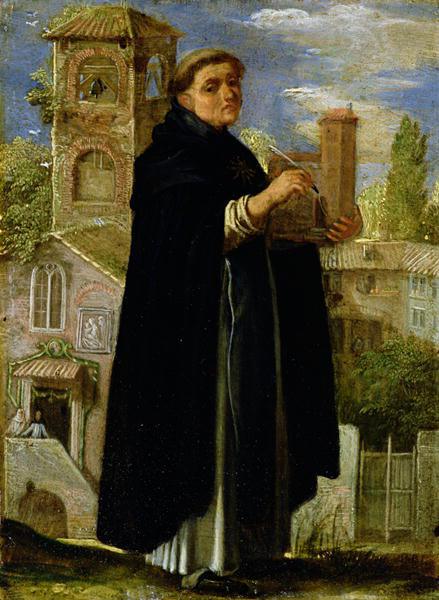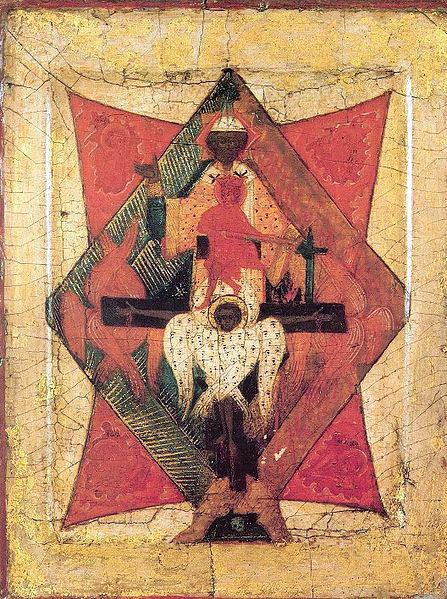More words of guidance from Myron. In the presence of Our Lord, reposed, may his soul continue to serve others–his life continuing to serve as inspiration. Myron’s thoughts: Intimate obedience and service to God’s will provides protection, the mantle of God sheltering our lives, graces through Mary, for ourselves and those we love, showered upon us. If we forsake divine fellowship, trusting in ourselves and/or unGodly guidance it is not that God curses us. No. God loves unconditionally. In fact, what occurs is a self-cursing. Obstinately, we shrug off the mantle of God’s protection, disregarding, ignoring and neglecting the fact Christ died upon the cross for us. We strike out boldly, yet ignorantly and blindly on our own. Ungrateful servants, we act as if we owe nothing to God. Even a dog will lick the hand of its master. All bets are off regarding outcomes. Our lives become self-raised flags declaring independence, isolated from righteousness, blowing in the wind of cruel fate. Satan was one who dreamed he could stand alone. In truth, abiding in fierce self-determination and relativism, we damage not only ourselves, but all those unfortunate enough to enter into intimacy. Shakespeare says it well, yet he leaves out the eternal misery of recognizing life as merely a trifling to be played at through ingratitude, vanity, and selfishness. Life is short, eternity is long.
All the world’s a stage,
And all the men and women merely players;
They have their exits and their entrances,
And one man in his time plays many parts,
His acts being seven ages. At first, the infant,
Mewling and puking in the nurse’s arms.
Then the whining schoolboy, with his satchel
And shining morning face, creeping like snail
Unwillingly to school. And then the lover,
Sighing like furnace, with a woeful ballad
Made to his mistress’ eyebrow. Then a soldier,
Full of strange oaths and bearded like the pard,
Jealous in honor, sudden and quick in quarrel,
Seeking the bubble reputation
Even in the cannon’s mouth. And then the justice,
In fair round belly with good capon lined,
With eyes severe and beard of formal cut,
Full of wise saws and modern instances;
And so he plays his part. The sixth age shifts
Into the lean and slippered pantaloon,
With spectacles on nose and pouch on side;
His youthful hose, well saved, a world too wide
For his shrunk shank, and his big manly voice,
Turning again toward childish treble, pipes
And whistles in his sound. Last scene of all,
That ends this strange eventful history,
Is second childishness and mere oblivion,
Sans teeth, sans eyes, sans taste, sans everything.
There is more.
As it was it the beginning, it is now, and will be forever.
Give it away. It was yours only to know, love, and adore God. That is a loving privilege, not a chore or demand.





Recent Comments